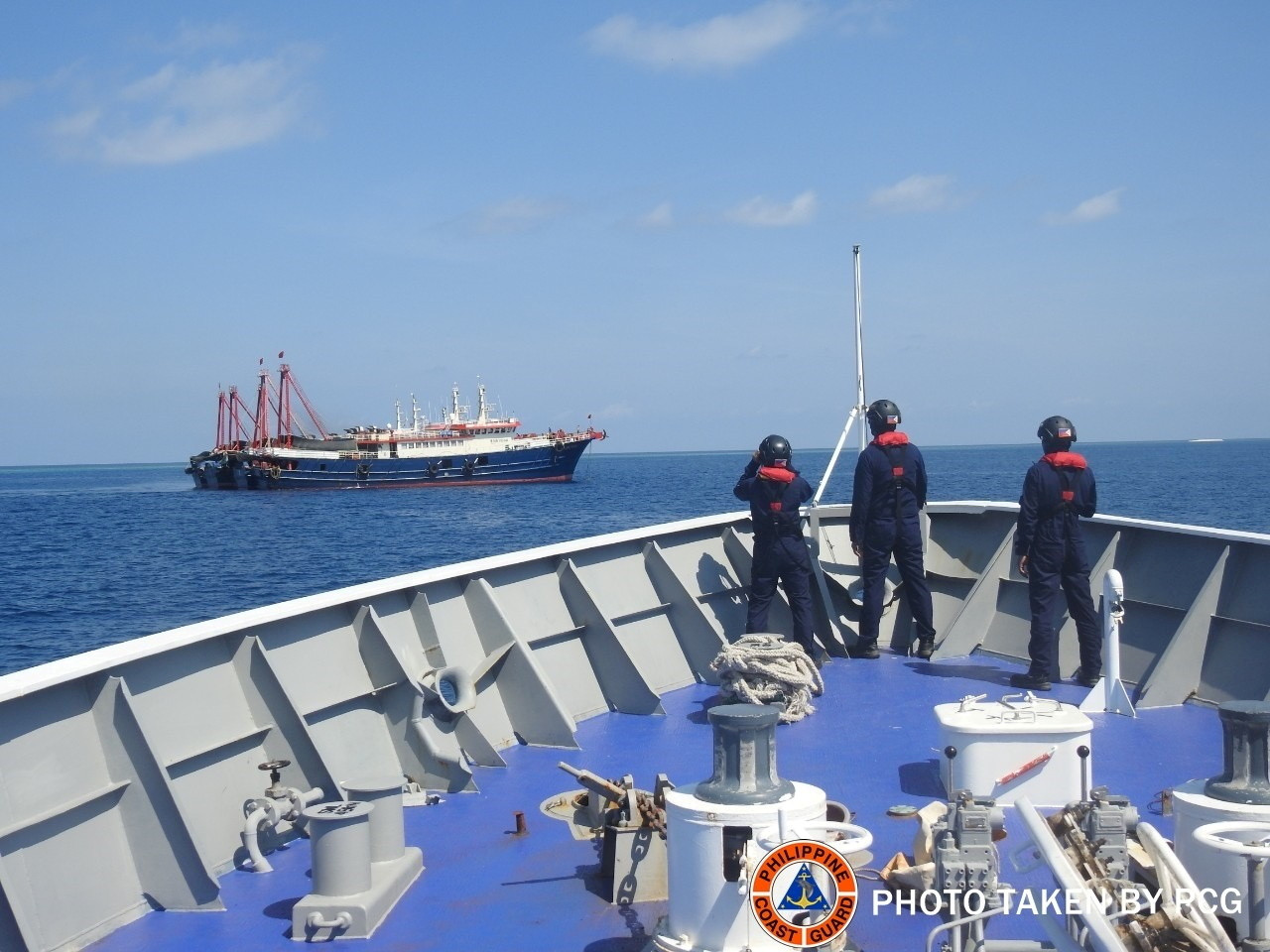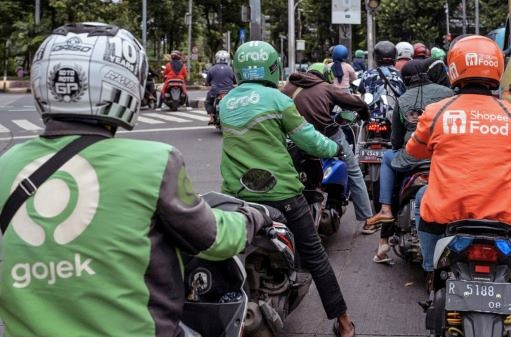Popular Reads
Top Results
Can't find what you're looking for?
View all search resultsPopular Reads
Top Results
Can't find what you're looking for?
View all search resultsASEAN meets online as geopolitical stakes rise
The status quo in Southeast Asia has been shaken up by a flurry of visits from high-ranking US officials, analysts have said, adding urgency to efforts to regulate tensions in the South China Sea.
Change text size
Gift Premium Articles
to Anyone
T
op ASEAN diplomats are to meet starting Monday as COVID-19 cases surge in Southeast Asia and a new chapter of the United States-China rivalry plays out.
The regional status quo has been shaken up by a flurry of visits from high-ranking US officials, analysts have said, adding urgency to efforts to regulate tensions in the South China Sea.
Attention to the issue is likely to be split amid a significant surge of COVID-19 infections, as low regional vaccination rates leave hundreds of millions of people exposed to the highly transmissible Delta variant of the virus.
Brunei, ASEAN’s current chair, is set to virtually host the 54th ASEAN Ministers’ Meeting (AMM) from Aug. 2 to 6, Indonesian diplomats confirmed, and it is possible that other events this year will remain exclusively online.
The shift to online meetings is widely seen as an impediment to diplomacy and a step back from the successful in-person ASEAN summit in Indonesia in April.
And now diplomats worry that an online AMM, the bloc’s premier forum, where it puts together an annual policy document detailing member states’ common positions on various issues, will slow progress on several high-stakes geopolitical disputes.
Sidharto Suryodipuro, the Foreign Ministry’s director general for ASEAN affairs, said that all meetings are set to be conducted online “at this stage”, including talks between ASEAN and China on a code of conduct (COC) for the South China Sea, which were set to be held in-person in Jakarta on July.
For two decades, ASEAN and China have been locked in a protracted struggle to finalize the COC, a set of guidelines meant to ensure safe conduct in the vital trade area, amid concerns about Beijing’s militarization of the waters.
In recent months, the Philippines has complained about the “incessant deployment, prolonged presence and illegal activities of Chinese maritime assets and fishing vessels” in its territory.
Tense exchanges between China and other South China Sea claimants, such as Vietnam and Malaysia, have also highlighted the lack of regulation.
But Sidharto and one other ASEAN diplomat said the second reading of the COC draft, which was supposed to be held last year but was postponed because of COVID-19, was still in progress.
Foreign policy scholar Dewi Fortuna Anwar said the slow progress in the COC negotiations could harm ASEAN interests if concessions were made to China over provisions to restrict freedom of navigation in the South China Sea, which in turn could incense Beijing’s rivals in the region.
“We have to remember that the Quad is increasingly united and has hardened their position [on China], and if the COC cannot accommodate other powers, even if it is agreed upon, it will not necessarily be observed by the others,” she told The Jakarta Post on Friday.
The Quad, short for the Quadrilateral Security Dialogue, is an informal alliance between the US, Japan, India and Australia that aims to advance a “free and open” Indo-Pacific region in the face of China’s growing stature.
Declassified US documents from early this year show that the Indo-Pacific strategy is intended to contain China.
Strategic alliances
US Defense Secretary Lloyd J. Austin made his debut in Southeast Asia this week with visits to Singapore, the Philippines and Vietnam, rekindling tensions with China over the South China Sea dispute.
In Singapore, Austin insisted that the US was not asking ASEAN to pick a side in its rivalry with China, after a meeting with Singaporean Prime Minister Lee Hsien Loong.
The US defense chief also insisted that the Quad should not be considered a competitor to ASEAN.
“We don't see the two organizations or entities competing with each other. We see them as complementary. The goal is just to work to build greater stability and peace in the region,” he said on Tuesday.
In May and June, US Deputy Secretary of State Wendy Sherman visited Indonesia, Cambodia and Thailand. At the start of the week, she headed to China for talks that appeared to do little to ease deeply strained ties.
Dewi said the Quad must not sideline “ASEAN centrality” by failing to show up to the meetings it convened or by using harmful rhetoric that could lead to incidents on the ground.
The principle of ASEAN centrality is intended to bring regional powers together and keep the bloc from being pulled apart by competing interests.
Austin’s visit to the Philippines and Vietnam, analysts have said, demonstrates the US’ attempt to improve regional strategic alliances at the expense of China.
After Austin’s stop in Manila, the Philippine government announced it would restore a pact governing the presence of US troops in the country, Reuters reported. In Hanoi on Thursday, Austin sought to strengthen ties with a former US foe that has emerged as a vocal opponent of China's claims in the South China Sea.
On Friday, the US announced that Vice President Kamala Harris would visit Singapore and Vietnam in her first visit to Southeast Asia.
Harris’ predecessor Mike Pence visited the ASEAN Secretariat in Jakarta in 2017, where the bloc privately expressed its dismay over the US absence in the region and urged the country to appoint an envoy to ASEAN. The post remains vacant.










